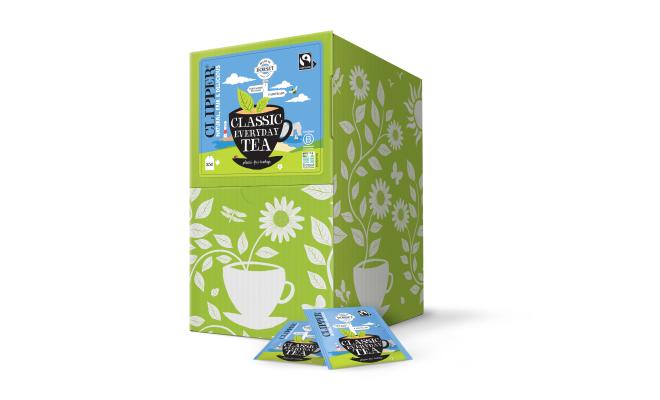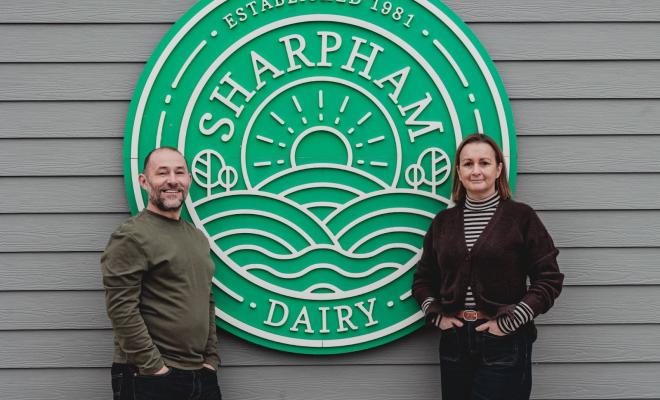The UK agricultural sector faces considerable challenges in the post-Brexit environment with farmers and landowners increasingly seeking to diversify into new crops and identify more sustainable and innovative methods of production.
A great example of this diversification and adjustment to new environmental and economic conditions is viticulture, which is now the UK’s fastest growing agricultural industry.
Perhaps the most well-known vineyards in England are in the south-east, but Devon and Dorset are also already established wine-production areas, and climate change is bringing new opportunities in Somerset and Cornwall, as well as further afield. Climate change is also increasingly allowing winemakers in the UK to grow popular grape varieties which were previously difficult or impossible to cultivate, such as Pinot Noir and Chardonnay (both consistently in the top 10 most popular wine grape varieties).
Current UK wine production
The Industry Report 2022-2023 produced by WineGB (the national association for the English and Welsh wine industry) highlights that there are now over 900 vineyards in the UK, with 12.2 million bottles of wine produced in in 2022. On the basis of figures obtained from their Industry Survey, WineGB project that production is expected to reach between 25 million and 29 million bottles by 2032.
According to Strutt & Parker's Summer 2023 Viticulture Report, the price of land suitable for vines continues to increase and is now typically between £16,000 to £20,000 per acre. Where a buyer is looking for a small plot of 10-12 acres (the minimum size required to establish a vineyard as a viable business), then prices can rise as high as £25,000 per acre, while established vineyards can sell for more than £35,000 per planted acre.
Fancy your own vineyard?
Setting up your own vineyard will require significant investment, and newly planted vines will take 5 years to reach full productivity. There is a lot to think about:
- Obtaining planning permission for your vineyard: – If land is currently in agricultural use, planning permission is not required to cultivate the land to plant and grow grapes. However, if operational development is proposed in association, i.e. to process the grapes or if grapes which are grown outside of the land holding are processed onsite, then planning permission may be required.
- The potential for receiving payments under DEFRA's Sustainable Farming Initiative and Farming Innovation Programme.
- The Food Standards Agency's approach to enforcement of the relevant wine regulations.
- Whether you want to produce and process your own grapes or sell to others, procuring winemaking, bottling and storage contracts.
- Opportunities for employment (WineGB survey figures indicate that there are around 2,300 full time employees working in Great Britain's wine industry, with a further 8,300 people employed in part time/seasonal work).
- Tourism, including tours, tasting and events.
- Setting up a registered company, partnership, or joint venture.
- Considering taxes, business rates, insurance and expenses; and
- Succession planning for your enterprise.
How can Trowers help you?
Whether you are considering buying, selling or leasing land for wine production, or even setting up your own vineyard, our lawyers can help.
We offer:
- Specialist agricultural and rural property lawyers, experienced in dealing with the sale and purchase and leasing of agricultural businesses both a national and regional level.
- Specialist planning lawyers who can provide advice on permitted development rights and assist through the entire planning process including appeals or enforcement matters.
- Advice on company/partnership structures, tax and succession planning.
- Advice on obtaining a premises licence for the sale of alcohol.
- Access to our wider team of experienced employment, tourism and renewable energy lawyers, across the UK and internationally.
For further information please contact: Nicola Janus-Harris or Julia Moon.



